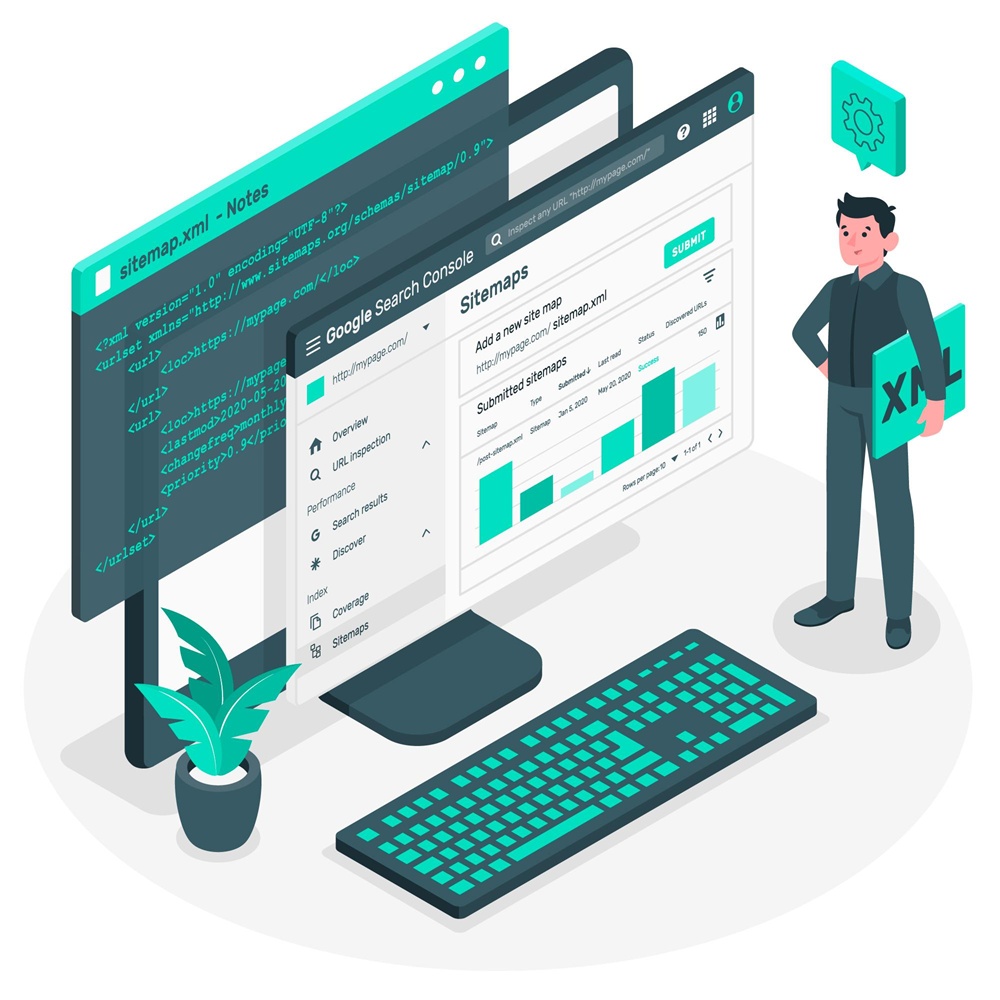Choosing the right web development services ensures a robust, scalable, and user-friendly online presence. Whether you’re building a simple website, a complex web application, or an e-commerce platform, here are the best recommendations for web development services based on your requirements.
-
Frontend Development Services
Frontend development focuses on the user interface and user experience (UI/UX).
Best Practices
- Use modern frameworks like React.js, Vue.js, or Angular for dynamic, interactive UIs.
- Ensure responsive design with tools like Bootstrap, Tailwind CSS, or Foundation.
- Optimize performance by enabling lazy loading and minimizing assets.
Key Features
- Cross-browser compatibility.
- Across devices Mobile-first design for seamless viewing.
- Integration with backend services via APIs.
-
Backend Development Services
Backend development handles server-side logic, databases, and integrations.
Best Technologies
- js with Express.js or Nest.js for JavaScript-based development.
- Python with Django or Flask for fast, scalable applications.
- Ruby on Rails for rapid development and a rich ecosystem.
- For traditional server-side rendering PHP with Laravel or Symfony.
- Java with Spring Boot for enterprise-grade applications.
Best Practices
- Implement RESTful or GraphQL APIs for communication.
- Secure sensitive data with encryption and authentication protocols like OAuth2.
- Optimize database queries and use caching mechanisms.
-
Full-Stack Development Services
Both frontend and backend tasks Full-stack developers handle.
Recommended Frameworks
- MEAN/MERN Stack: MongoDB, Express.js, Angular/React.js, and Node.js.
- LAMP Stack: Linux, Apache, MySQL, PHP.
- JAMstack: APIs, JavaScript, and Markup for modern, static-first sites.
When to Choose Full-Stack Services
- For startups requiring fast prototyping.
- For small-to-medium projects with moderate complexity.
-
CMS Development Services
Content Management Systems allow non-technical users to manage content easily.
Top Platforms
- WordPress: For blogs, small business websites, and e-commerce.
- Drupal: For complex, scalable, and secure projects.
- Joomla: For community-based sites or e-commerce.
- Shopify or Magento: For e-commerce stores.
Key Features
- Easy-to-use admin panels.
- Plugins/extensions for added functionality.
- SEO-friendly structures.
-
E-Commerce Development Services
Build robust online stores with features like product management, payment gateways, and analytics.
Recommended Platforms
- Shopify: For quick and user-friendly setups.
- WooCommerce: WordPress-based e-commerce solution.
- Magento: For enterprise-level e-commerce needs.
- BigCommerce: For scalable online stores.
Key Features
- Secure payment integrations (PayPal, Stripe).
- Inventory and order management.
- SEO and marketing tools.
-
Web Application Development Services
For custom, dynamic applications like social networks, SaaS platforms, or dashboards.
Key Technologies
- js or Vue.js for the frontend.
- Django, Node.js, or Ruby on Rails for the backend.
- Firebase for serverless backends and real-time features.
Best Practices
- Prioritize scalability and modular architecture.
- Use version control (e.g., Git) for team collaboration.
-
Progressive Web Apps (PWA) Development
PWAs offer an app-like experience through a browser.
Technologies
- React PWA, Angular PWA, or vanilla JavaScript.
- Service Workers for offline functionality.
- Web App Manifests for app installability.
Key Benefits
- Faster load times.
- Offline accessibility.
- Cross-platform compatibility.
- Web Hosting and Maintenance Services
- Ensure reliable performance, uptime, and security.
Best Hosting Providers
- AWS: Scalable and versatile hosting options.
- Google Cloud: High-speed and reliable cloud hosting.
- Bluehost or SiteGround: Affordable shared hosting options.
- DigitalOcean or Linode: For developers who want VPS.
Maintenance Services
- Regular updates to software and plugins.
- Monitoring performance and uptime.
- Backup and recovery solutions.
-
SEO and Performance Optimization Services
To rank higher on search engines and provide a smooth user experience.
Key Strategies
- Optimize code and images for faster load times.
- Use tools like Google Lighthouse or GTmetrix for performance audits.
- Implement structured data (schema markup) for SEO.
-
Custom Development Services
For unique, business-specific requirements.
When to Choose
- When off-the-shelf solutions don’t meet your needs.
- When you require advanced integrations, such as AI, machine learning, or blockchain.
Technologies
- Python or R for AI/ML.
- Solidity for blockchain.
- RESTful APIs or GraphQL for seamless integrations.
Conclusion
The best web development services depend on your project’s needs. For a basic website, CMS platforms like WordPress or Drupal are ideal. For dynamic applications, frameworks like React.js, Django, or Node.js are excellent choices. Focus on scalability, security, and performance to ensure long-term success. Choose experienced developers or agencies that understand your business objectives and can deliver tailored solutions.









